Even if we’re trying not to be the grammar police, we all have that internal voice that notices linguistic difference, and categorises people thereby.
How do we deal with that inner prescriptivist? How can we have linguistic discussions with grammar sticklers? Is it possible to change minds?
These issues and many others with an expert in prescriptivism on this episode of Talk the Talk.
Listen to this episode
You can listen to all the episodes of Talk the Talk by pasting this URL into your podlistener.
http://danielmidgley.com/talkthetalk/talk_classic.xmlPromo
The Guardian has changed the way that the write about climate. It won’t be climate change; it’s a climate emergency. People aren’t climate skeptics; they’re climate deniers. Daniel talks about it with Jeff Buller.
Also at https://www.patreon.com/posts/27548327
Indigenous Australian Word of the Week (IA-WoW): gamilraay
In honour of the UN declaring 2019 the Year of Indigenous Languages, we will be sharing words from Indigenous Australian languages.
Aboriginal and Torres Strait Islander people should be aware that episodes of this show may contain voices or names of deceased persons.
This weeks IA-WoW is gamilaraay (itself), meaning “no-having” in Gamilaraay. It comes to us from ANU Astrophysics student Pete Swanton who has shared words with us from his language. The segment appears 21 minutes into the show.
The name of the language – Gamilaraay – can be translated into “no-having”. There are many languages spoken in South Eastern Australia, and they can easily be distinguished by comparing their different words for “no”. In other words, “no” is acting as a “shibboleth”. In Gamilaraay “no” is “gamil”, in Wiradjuri it is “wiray”. Language names that include Shibboleths are called Shibbolethonyms (McConwell 2006).
You can listen to more Gamilaraay language on the Gambay language map and learn more about it through Glottolog and AUSTLANG. If you live in Canberra, you can even study Gamilaraay at ANU.
Full interview
Dr Alyssa Severin has done an in-depth study of prescriptivism — the tendency some people have to tell others how they “should” use language. Obviously linguists aren’t on board with prescriptivism, and yet it flourishes. Why arent linguists doing better at combatting this? What’s a good strategy for changing minds?
Thanks to Dr Severin for this interview, and thanks to the Australian Linguistic Society for making it possible.
Also at https://www.patreon.com/posts/27525407
Cutting Room Floor
Daniel, Ben, and Hedvig mull a possible non-linguistic episode. Should it be in the style of a sleep podcast?
A whole new news story — robots are helping bees and fish communicate. Or are they?
And Hedvig explains why linguists’ brains are a bit funny.
Also at https://www.patreon.com/posts/27688953
Patreon supporters
We’re very grateful for the support from our burgeoning community of patrons, including
- Carolin
- Chris
- dcctor woh
- Jerry
- Lyssa
- Nicki
- Termy
- Ann
- Elías
- Helen
- Jack
- Matt
- Michael
- Sabrina
You’re helping us to keep the talk happening!
We’re Because Language now, and you can become a Patreon supporter!
Depending on your level, you can get bonus episodes, mailouts, shoutouts, come to live episodes, and of course have membership in our Discord community.
Show notes
Why the Guardian is changing the language it uses about the environment | Environment | The Guardian
https://www.theguardian.com/environment/2019/may/17/why-the-guardian-is-changing-the-language-it-uses-about-the-environment
Guardian and Observer style guide: C | Info | The Guardian
https://www.theguardian.com/guardian-observer-style-guide-c
Language matters when the Earth is in the midst of a climate crisis
https://theconversation.com/language-matters-when-the-earth-is-in-the-midst-of-a-climate-crisis-117796
We taught bees a simple number language – and they got it
https://theconversation.com/we-taught-bees-a-simple-number-language-and-they-got-it-117816
Experiment Shows Bees Can Understand a Symbolic Language For Mathematics
https://www.sciencealert.com/tiny-bee-brains-seem-to-be-able-to-link-symbols-to-numbers
Robots enable bees and fish to talk to each other
https://actu.epfl.ch/news/robots-enable-bees-and-fish-to-talk-to-each-other/
Robots mediating interactions between animals for interspecies collective behaviors | Science Robotics
https://robotics.sciencemag.org/content/4/28/eaau7897.full
Kamilaroi, Gamilaraay, or Gomeroi? | Winanga-Li
http://winanga-li.org.au/index.php/yaama-gamilaraay/kamilaroi-gamilaraay-or-gomeroi/
Donaldson: What’s in a name? An etymological view of land, language and social identification from central New South Wales (PDF)
http://press-files.anu.edu.au/downloads/press/p71671/pdf/article032.pdf
Dixon: The languages of Australia
Google Books link
it’s blog, jim, but not as we know it — hubblegleeflower:
https://astarfleetcadet.tumblr.com/post/184542755292/hubblegleeflower-electricgoblin
‘Mentrification’: how men appropriated computers, beer and the Beatles | Van Badham | Music | The Guardian
https://www.theguardian.com/music/2019/may/29/mentrification-how-men-appropriated-computers-beer-and-the-beatles
The 25 Best Data Visualizations of 2018 | Visual Learning Center by Visme
https://visme.co/blog/best-data-visualizations/
Data Is Beautiful
https://www.reddit.com/r/dataisbeautiful
Is “begpacking” the worst travel trend of them all? | Adventure.com
https://adventure.com/begpacking-worst-travel-trend/
Transcript
We’re working our way back through the archives. If you think we should prioritise a transcript of this episode, let us know!








